[Review] Penumbra: Overture
Penumbra: Overture is a first-person survival horror game, developed by Frictional Games, and published by Lexicon Entertainment in march 2007. Running on in-house HPL Engine. It received a direct sequel a year later called Black Plague.
/// Premise
Set in the year 2001, it follows the story of thirty years old physicist, Philip Buchanon, after receiving a letter from his supposedly dead father, instead of following the letter's instruction to burn several documents, Philip follows a series of clues that lead him to a mysterious location in uninhabited northern Greenland. There he finds a series of modern underground tunnels below an old World War II bunker. What was his dad doing there? What hides deep below?
/// Structure
What started as a tech demo for the HPL Engine, would a year later be polished up and shipped as Frictional Games debut title.
Overture is a mix of survival horror, first-person gameplay, and puzzle elements. The player is lent some freedom to explore hub-like areas, rummaging through the abandoned underground facilities, uncovering old documents, letters, tools, and other items in pursuit of information to solve puzzles and find ways deeper into the cave, while also hiding from monsters.
All of this is done while interacting with the world through the physics engine, opening doors, pulling drawers, and turning valves are all done manually in a drag and release style of interaction, instead of an automated "press E to open door". Having to pull down your mouse hard to throw a heavy switch, for instance, synchronizes your IRL hand motion with the one on screen. This lends Penumbra Overture (and subsequent Frictional games) a satisfying physicality to its world.
Like classic survival horror, the hub-areas will branch into separate locations, these will often contain puzzles required to enable further progression. Find an item in room A, that is needed to open room B, that will give you information on how to get to room C, and from there figure out the solution for room D. Simplistic on paper but once you are in the dark with creatures roaming around it's a very functional structure that works really well for the genre.
In between exploration, your progress can be saved manually at strange cylindrical artifacts, found within safe rooms. You also get checkpoints during more "trial and error" sequences that have a high death risk. Whenever your screen flashes bright white and orange, the game has been saved.
Penumbra: Overture can be completed at around the 4-hour mark, making it a quick bite-sized game.
Is Overture scary?
That depends. Fear is a very personal thing, as it changes from person to person, I'm honestly quite resilient to horror, and while I never felt an overwhelming dread, a good sense of uneasiness is found here. This comes mostly from the environment, effective use of sound and music, building tension over time creates an oppressive atmosphere.
Creaking boards, scurrying creatures, uncomfortable music, flickering light bulbs, simple but effective stuff. Of course, there's also the sledgehammer approach from time to time with more direct monster chases that may cause some degree of panic for some players.
There are some arguable missteps here and there that can deflate the tension, a big one is the over-exposure to filler enemy encounters, in this case roaming dogs, to the point the player can grow accustomed to their presence, becoming more of a minor inconvenience rather than a scary and intense threat.
/// Gameplay elements
Combat
Speaking of the dogs. You have two options when dealing with enemies. The stealth route. Or direct melee combat.
Stealth is the preferred method. Crouching in the darkness for a while makes the player virtually invisible (indicated by a blue glow). Enemy vision is affected by the dynamic lighting so sticking to the shadows is the best option. Another factor is their hearing, running, stumbling on objects, or accidentally breaking a bottle will give away your position. This is exploitable, as throwing things can distract and lure creatures away.
As for the melee approach, Early on you get a hammer and later a pickaxe that can be used to wack enemies. All good, but you can't just click to swing. Holding the left click lifts your weapon in preparation, preventing movement, by then wiggling your mouse in the desired direction performs the attack. Hits will stun enemies for a moment, buying you time to run. Killing them is possible, but it's not worth the effort. The lower the player's health, the slower his movement speed is, making you a sitting duck after a failed engagement.
It has its uses but it's pretty awkward. To some degree, that was done on purpose, as easily steamrolling creatures would not work for what Penumbra is trying to achieve. There's even a hidden "easy combat option" in the game's code, likely cut out for completely trivializing fights, as it allows for easy stun locking of enemies.
To close this off, there are consumable items that can be found lying around. Painkillers to restore health, flares, beef jerky to distract and lure the dogs, and dynamite to stun and damage. They are neat, for adding more options, but aside from the painkillers most of them feel underbaked and aren't as useful as they should be.
Puzzles
While combat it's a thing, Penumbra's core mechanics are focused on problem-solving.
Trought the caves you will collect several items that will be kept within the inventory, they can be a variety of different things to find such as a screwdriver, a saw, a fuse, etc. These can be used or even combined directly from your inventory. They work like classic point-and-click adventure game items, use a key on a locked door, and will be unlocked.
Another big selling point of Penumbra was the engine's capability for physics objects, so they also partake in the puzzles. In one moment you may break a fragile object with a brick, next you are turning valves and replacing parts in a machine, stacking boxes to reach a high shelf, and so on.
In general, there's no underlying feeling of reuse or padding when it comes to the puzzles, which remain unique and fresh throughout the game. Their logic may not be obvious at first, so it's not too easy, but they will never venture into insane 90's adventure game territory.
Light
Out of the gate, Frictional toyed with the idea of light as a limited resource in Penumbra, with the flashlight needing batteries and a limited number of flares. But it feels like they weren't fully convinced that it would work, so they added a safety net, an ever bright glowstick. It has an infinite use in exchange for a circular light glow, instead of the flashlight's concentrated beam.
The thing is, the glowstick is a bit too effective, overpowered even. Within the cramped locations, the limited range is hardly ever a drawback if not an advantage for better illuminating the area around you. Meanwhile, large corridors, where a flashlight beam would be handy, are usually very well lit. With better lighting and no battery management to be done, the glowstick makes the flashlight obsolete most of the time.
Flares are also rather pointless, they work similarly to, but outclassed by the glowstick. They burn for a limited time and once you burn what you have they are gone for good. The only thing separating this from being a "consumable glowstick" is being able to drop them at your feet, but there's no reason I can think of where a temporary static light would be useful in-game. Flares would have been pivotal, if the glowstick was out of the equation, to save your flashlight batteries.
/// Story (spoiler free)
It is hard no talk about it without spoiling both Overture and its sequel at the same time, so I'll leave a proper discussion of it for the upcoming Black Plague review.
In a short: A dead man's letter leads the protagonist to venture into a dangerous place. In the pursuit of truth, human curiosity takes him to a point of no return, having to go deeper and deeper, as it's now about survival. With the help of an unexpected ally, Phillip will stumble into something much bigger than just an abandoned mine. Cliche plot points? Very much so, but it works fine.
/// Conclusion
Penumbra: Overture was the studio's debut title, releasing amidst many other horror games in the late 2000s. It picked up a strong momentum through word of mouth and exposure in early gaming youtube. It is considered by many a classic of the indie horror genre. It was the first game of an episodic series.
While it doesn't quite hit the nail in the head it lays the foundations for mechanics and design choices that would become synonymous with Frictional Games. Over time many of Overture's mistakes would be smoothed out, and its key features would be refined in their future games.
It's far from perfect but remains very enjoyable. Memorable moments, the narrative (while dependent on its sequel) is a compelling mystery, and the atmosphere of the winding tunnels of the underground complex remains as gripping as ever.
"If fate frowns, we all perish." - Philip Buchanon

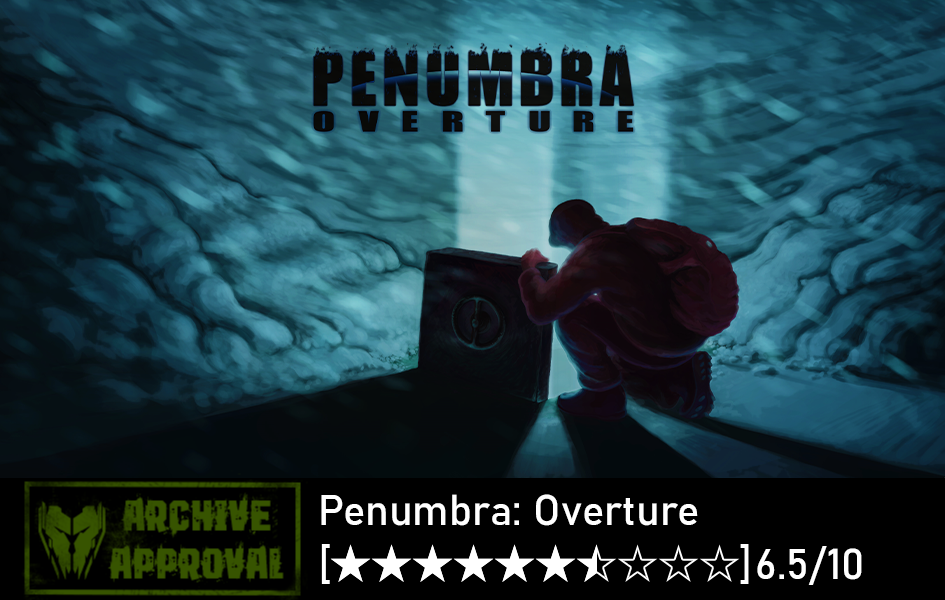








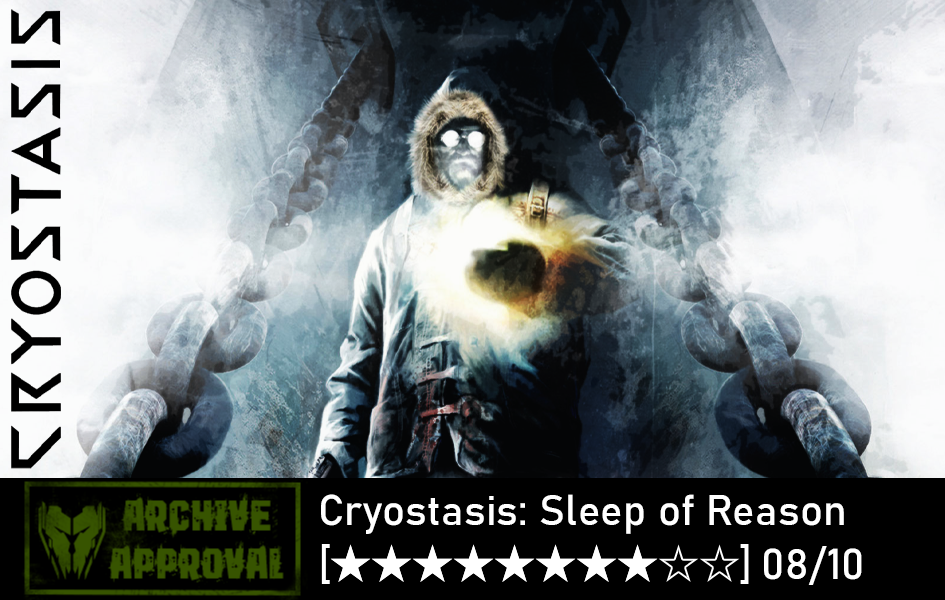
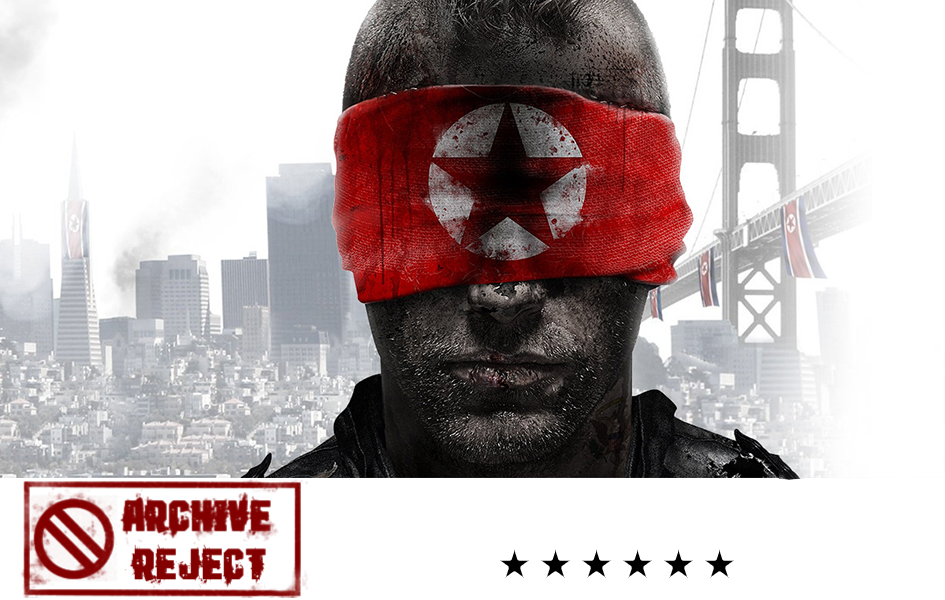
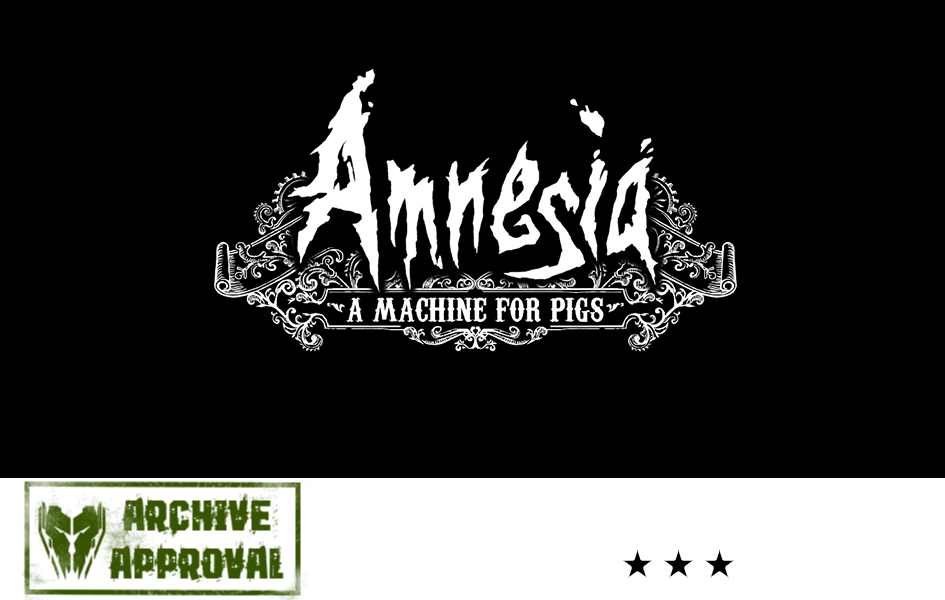
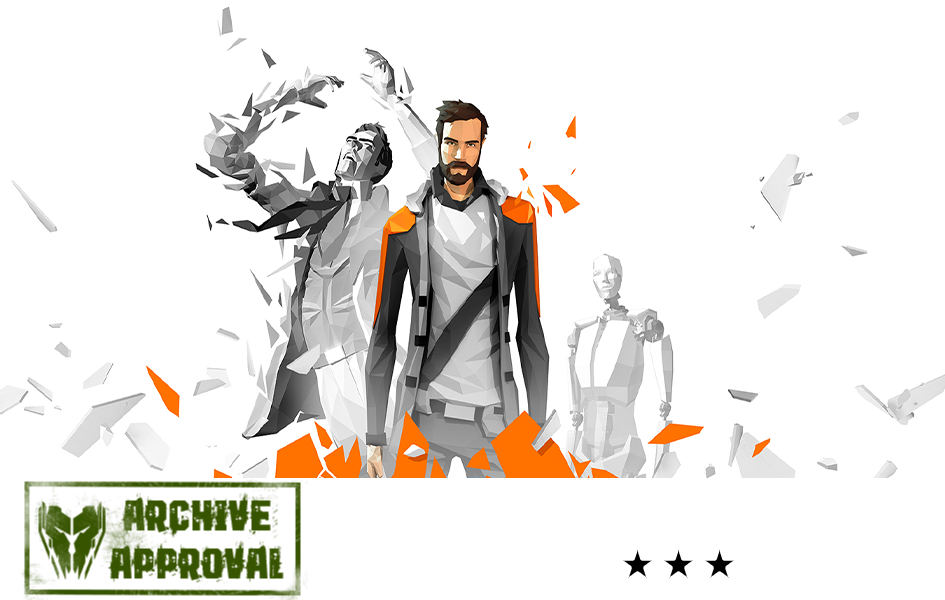

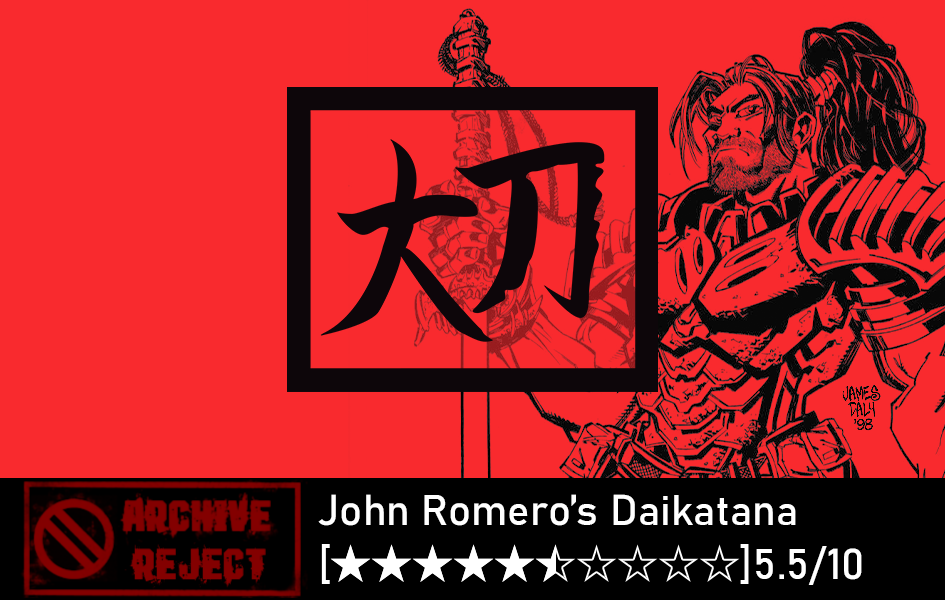
Comments
Post a Comment